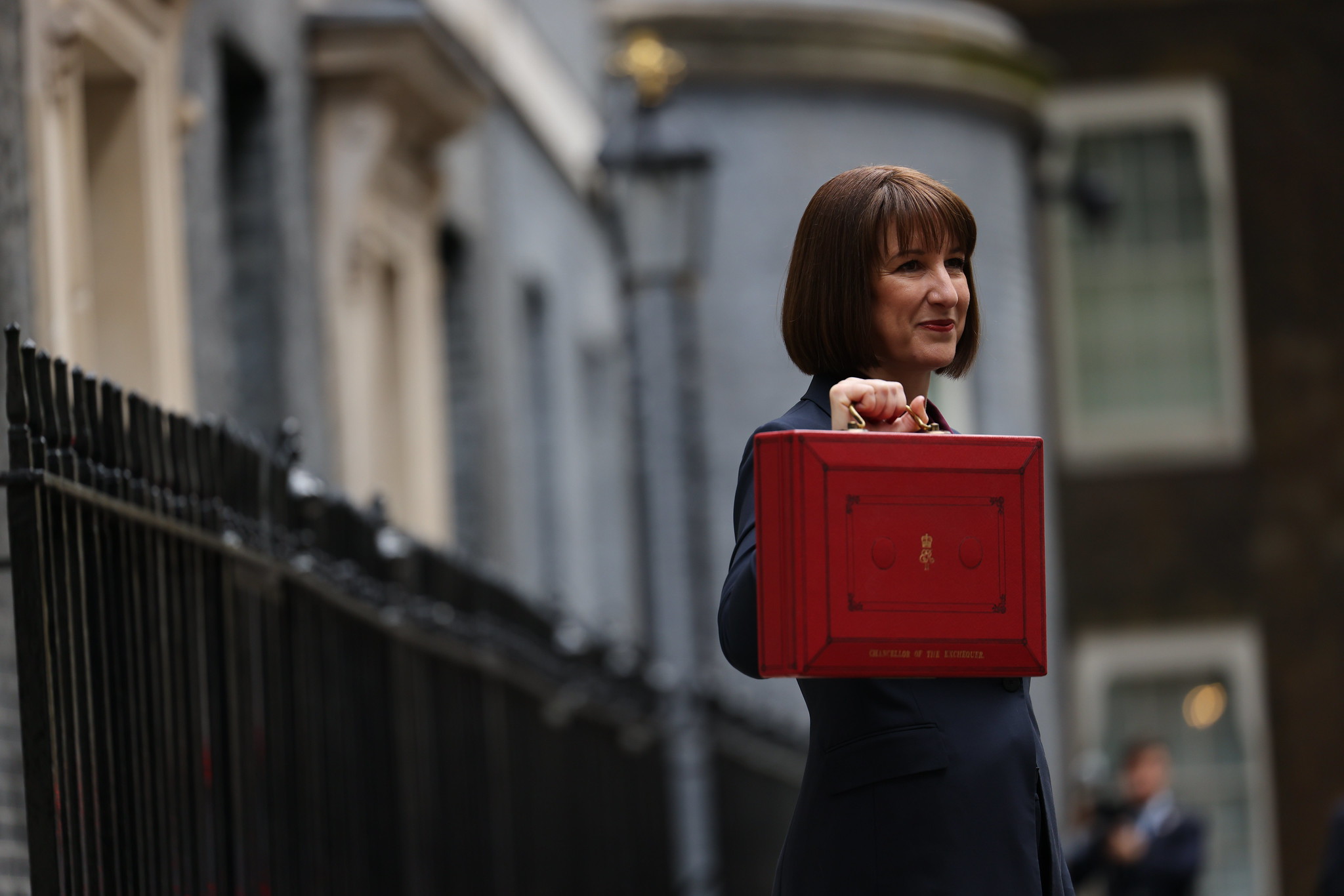
Budget 25: Billionaires Protected At Our Expense
Today’s budget was a missed opportunity. Every budget is a collection of political choices; the Chancellor could have chosen in this budget, and in every budget, to confront the reality that inequality is out of control and it’s doing real harm to our democracy, society, and planet.
Instead, the Chancellor chose to design this budget to work on paper, not reality. Determination to not introduce real taxes on wealth or income from wealth led to a council tax surcharge on the most expensive properties (raising £430m) that will have less than a quarter of the impact of changing alcohol consumption levels amongst young people (costing £1.7bn). The desperation to avoid saying that Labour had broken their manifesto pledge to not raise income taxes, National Insurance, or VAT led to £15 billion of tax hikes through threshold freezes.
Now, in reality, people will be paying more in tax and will notice this. Billionaire wealth will continue to explode without limitation. As a result, people will continue to lose faith in the political system – if you’re keenly aware that you’re paying more in tax while MPs and journalists continue to insist that you’re not, how can you trust anything they say?
Because the reality is that we need deep, structural change. Billionaire wealth rose from £58.8bn in 1990 to £619.5bn this year. Our economy and political system is deeply reliant on financial markets. The super-rich are exerting huge power over our political system.
There were so many missed opportunities today to engage with that reality. For years, we’ve talked about the proposals made by Tax Justice UK and others to raise up to £60bn each year by taxing wealth more and starting to correct our enormous inequality of wealth, but this budget left all those measures on the table. The organisation Possible points out that simply making taxes on private jets fair by equalising them with what standard airline passengers pay could raise £2.7bn. Taxes on the obscene profits made by banks off our higher mortgages and rents could have raised £11.3bn this year. Knowing these options were ignored makes it hard to understand why Reeves is trying to scrape money together by cutting the Motability scheme that adapts vehicles for people with disabilities or making students pay more interest on their loans.
There were some progressive steps announced today, chiefly the end of the two-child limit, which charities have long warned is the single biggest contributor to increasing child poverty. Removing the cap is huge, wonderful news for the 500,000 children who will be lifted out of poverty. The problem is the other 4.1 million children in poverty in the world’s six largest economy.
Similarly, there were some timid moves to reduce wealth and power of the super rich. The tax rate on remote gambling will rise from 21% to 40%, taxing an industry that is frankly predatory more fairly. A new council tax surcharge on properties worth over £2m will raise about £430m a year in a fairly complex and unpopular way. It’s a start! It’s the smallest of starts! But can you really call it a serious effort to raise money from the wealthiest if the tax impact of young people drinking less alcohol each year is £1.7bn?
It’s just not enough for the crises we’re in. The result will be continued stagnation for the vast majority of us whilst accelerating wealth concentration at the top – the opposite of what our country needs.
Other reactions to the Budget
Our many friends and aligned organisations have their own reactions to today’s budget:
- Yesterday morning, Green New Deal Rising against protested outside parliament to call for taxes on the super rich, highlighting the open letter with more than 40 MPs from 8 different parties calling for wealth taxes.
- Positive Money gathered 68,749 signatures supporting a windfall tax on bank profits. It was disappointing that it didn’t make it into the budget, and that bank shares rose on hearing that news.
- We Own It call the budget a massive disappointment, especially for the NHS. They say that even more resources will be absorbed by the private sector as profits instead of invested into care. Instead, they’re calling for real public investment to save the health service and improve the economy over the long term.
- The New Economics Foundation warn that this budget will not raise living standards. People are struggling to survive, they say: if they have to pay more tax it needs to go into services.
- The budget falls far short of the public demand to tax wealth warns Tax Justice UK. The £430m raised by the so-called “Mansion Tax” adds complexity and raises very little, while ordinary people pay more in tax.
- Campaign group 38 Degrees welcomed the lifting of the two-child benefit cap, saying that two-thirds of the public wanted taxes on gambling and money for child poverty. This a win and a real help, they say.